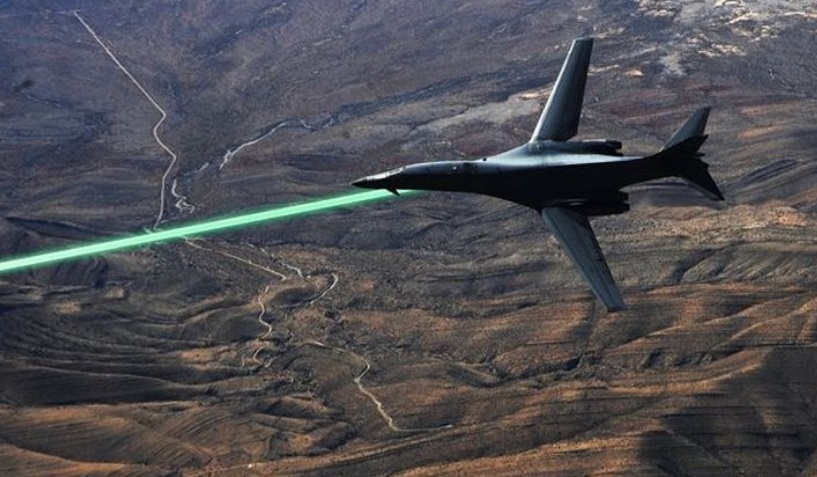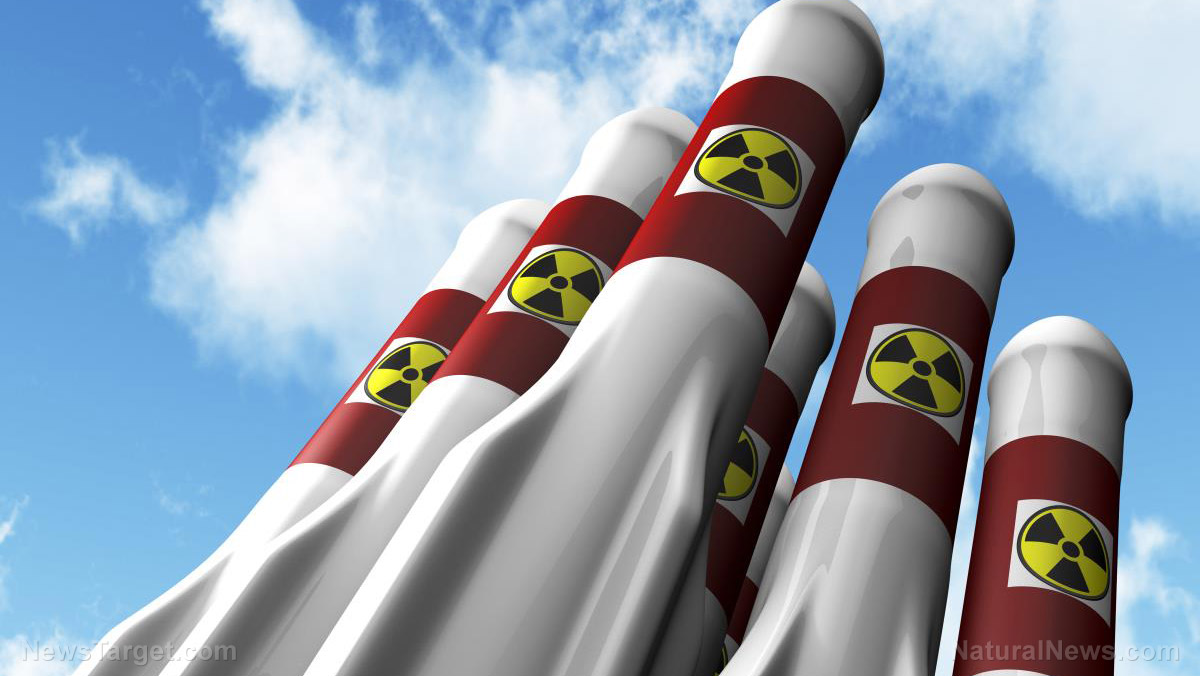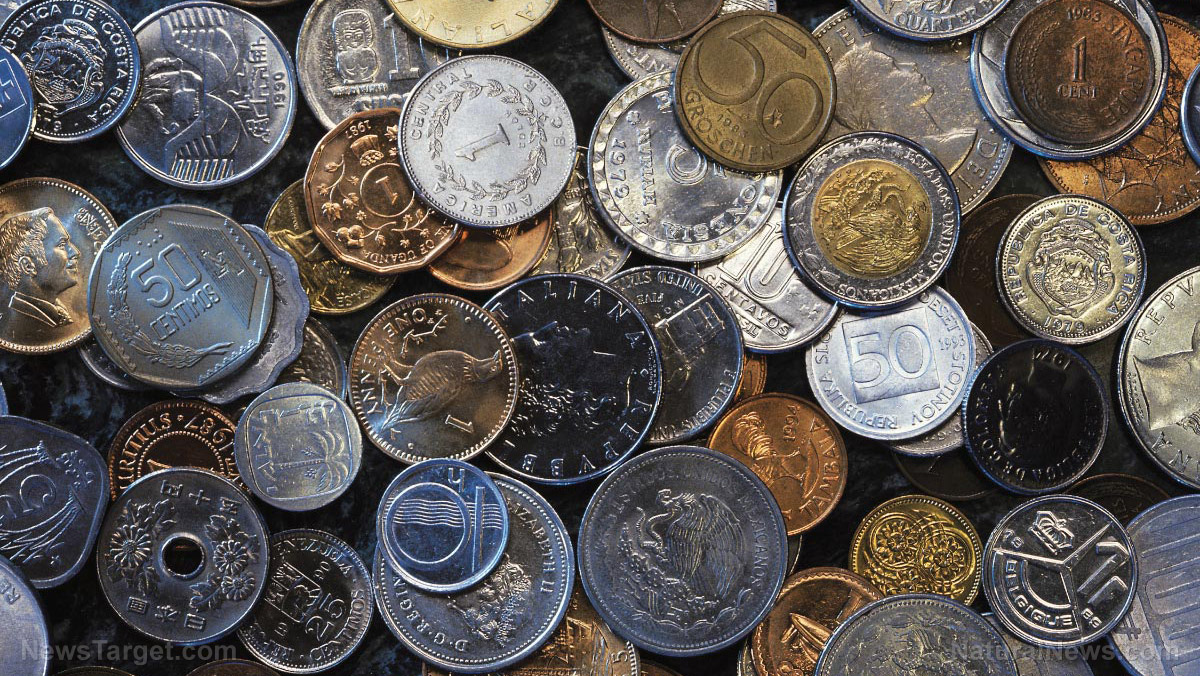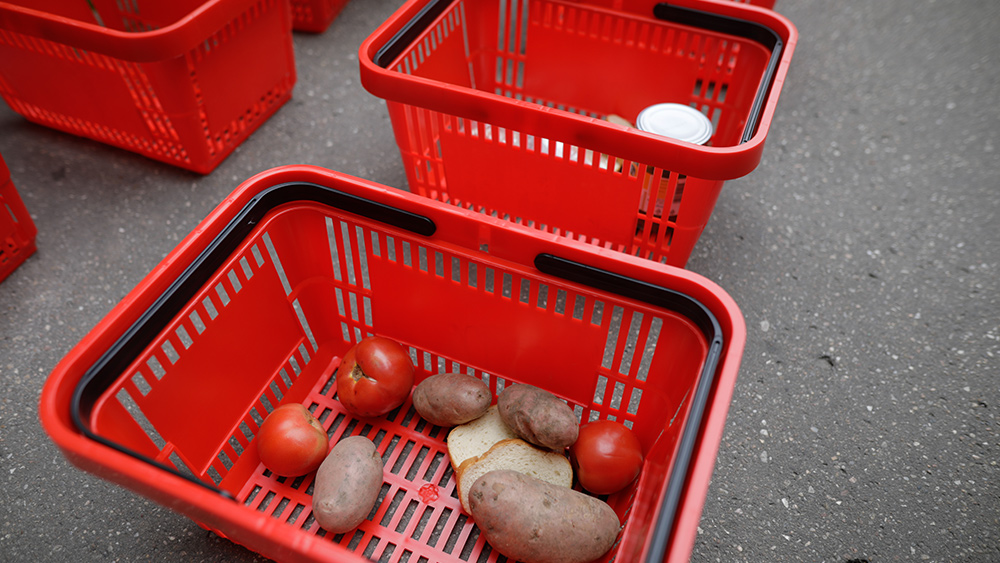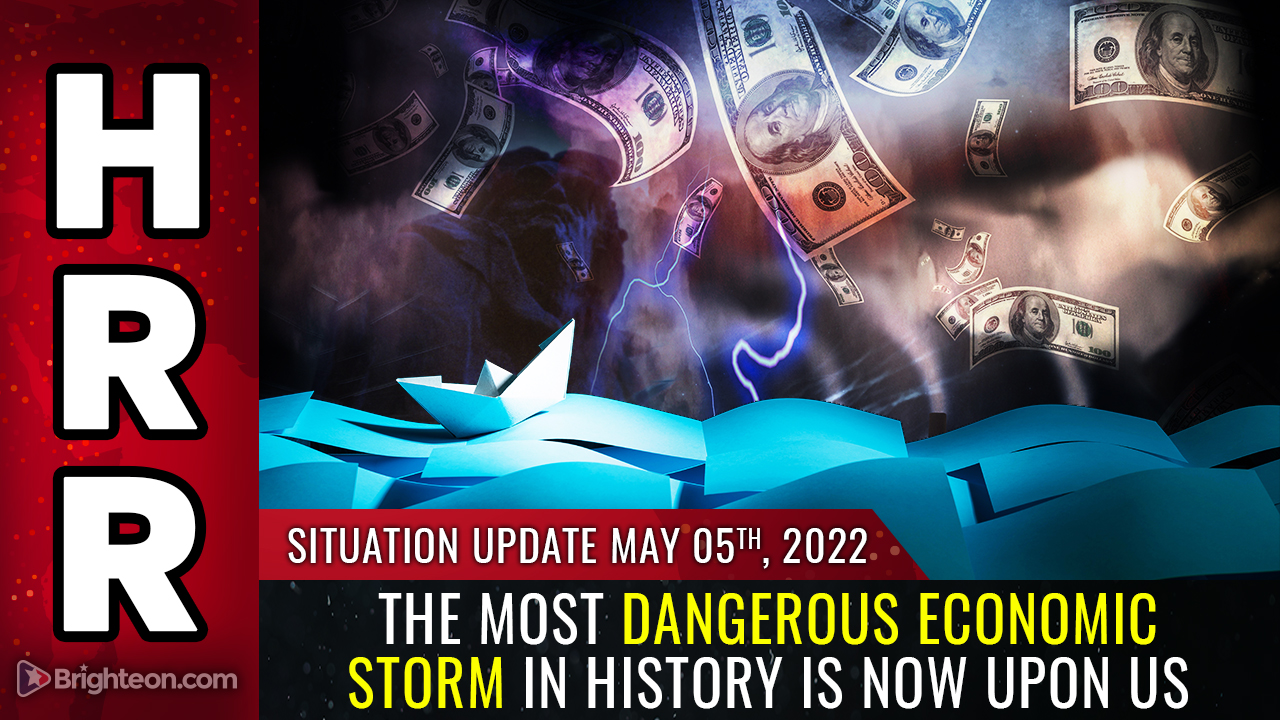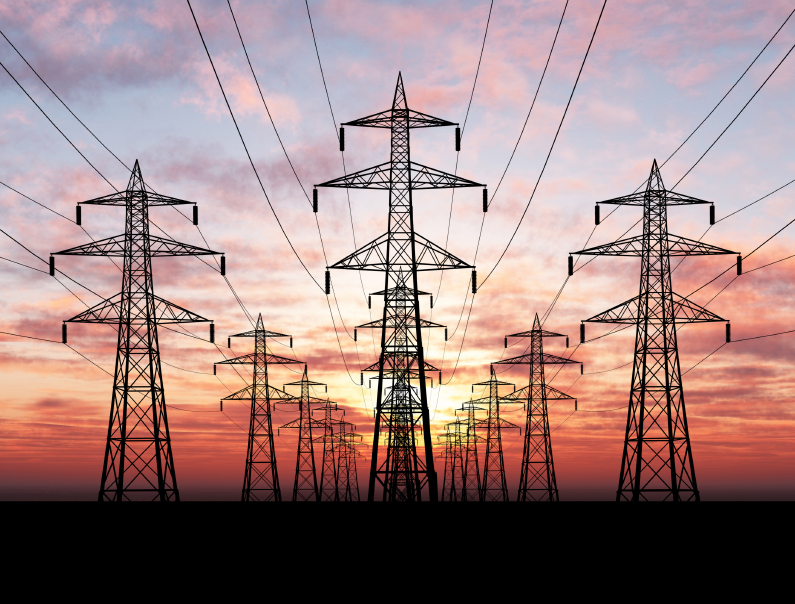Food prices to rise as nitrogen shortage forces American farmers to scale back on fertilizers
11/12/2021 / By Matthew Davis

Food prices are expected to rise even more due to a shortage of nitrogen fertilizer, which will prevent farmers from getting what they need for their fields in the future.
According to executives at the CF Industries Holding Inc., the lack of fertilizers will lead to a smaller corn yields that will push the prices of food further.
If the owner of the world’s largest nitrogen facility is right, farmers have to scale back fertilizer applications. Food inflation is already a concern, with a United Nations gauge of global prices at a decade high.(Related: Food inflation in the U.S. about to reach a tipping point.)
Fertilizer is scarce right now because high costs for natural gas – a key raw material – have halted some production in Europe. Other countries like China and Russia are imposing restrictions on exports to try and safeguard local supplies.
The U.S. is a major importer of farm nutrients, importing 20 percent of its urea and 40 percent of ammonium nitrate from Russia alone. The country’s spot prices for potash and urea, a form of nitrogen fertilizer, have more than doubled this year. Analysts have raised concerns that farmers simply won’t be able to buy at these prices.
Billionaire supermarket owner sees food costs rising
Americans will see food costs rise tremendously in the coming weeks, according to billionaire supermarket owner John Catsimatidis.
Catsimatidis, who is the president of Gristedes and D’Agostino Foods, discussed his concerns about inflation and supply chain issues on Fox Business’ “Mornings with Maria.” He warned that companies like Nabisco, Pepsi and Coke will begin to prioritize products and raise prices in order to get ahead.
“I see food prices going up tremendously,” he told Maria Bartiromo. “[CEOs] want to be ahead of the curve and the way they’re doing it is they’re dropping all promotions. They are dropping low-moving items.”
Catsimatidis said this trend won’t reverse anytime soon. “I see over 10 percent [price increase] in the next 60 days,” he said.
Analysts have pointed to the backlog of U.S. shipping containers at California ports as a significant cause for shortages seen across the country and predict the issues will persist into the holidays.
The Biden administration said earlier that they would work to expand the hours of operation at the California port in an effort to speed up the delivery of goods. (Related: Small businesses unable to cope with increased prices caused by port congestion.)
When it to comes to empty shelves, the supermarket owner pointed to companies like Procter & Gamble having a hard time providing enough toilet paper and other paper products, particularly in the suburbs and the inner city. He believes a side effect of the current demand for these products will be financial success for the producers.
“Why give away something when you don’t have to give it away and you make more margin?” Catsimatidis asked. “So I think that now these companies are going to have record profits in the third quarter.”
Rising fertilizer prices to worsen food inflation
Meanwhile, North American fertilizer prices touched a new record high, driving up costs for farmers who are already experiencing tight margins and threatening to make food even more expensive.
The Green Markets North American Fertilizer Price Index rose three percent to $1,048 per short ton on Nov. 5, rocketing past an October peak for the index that began in January 2002.
An energy pinch in Europe is causing soaring prices for natural gas, the main feedstock for most nitrogen fertilizer, and coal use is dropping in China. Fertilizer plants in Europe have been forced to shut down or reduce production. That’s driving up international prices for crop nutrients.
Top fertilizer producers Nutrien Ltd. and Mosaic Co. expect prices to keep climbing, according to executive comments during a recent earnings calls. Fertilizer normally accounts for about 35 percent of a corn farmer’s operating costs. That number could jump to 45 percent in 2022, according to Bloomberg. Prices in the inland U.S. have ratcheted up to more than $1,000 per short ton in recent weeks.
Across Brazil, about a third of the nation’s coffee farmers don’t have enough fertilizer. In Thailand, some rice farmers are calling on the government to intervene in the spiraling market. With fertilizer markets now seeing unprecedented supply shocks and record prices, it means even more food inflation across the world.
Follow Bubble.news for more news and information related to economy.
Sources include:
Submit a correction >>
Tagged Under:
Bubble, crisis, farming, fertilizers, food collapse, food prices, food production, food supply, grocery, harvest, Inflation, natural gas, nitrogen, products, raw materials, shortages, supply chain
This article may contain statements that reflect the opinion of the author
RECENT NEWS & ARTICLES
COPYRIGHT © 2017 CHAOS NEWS





